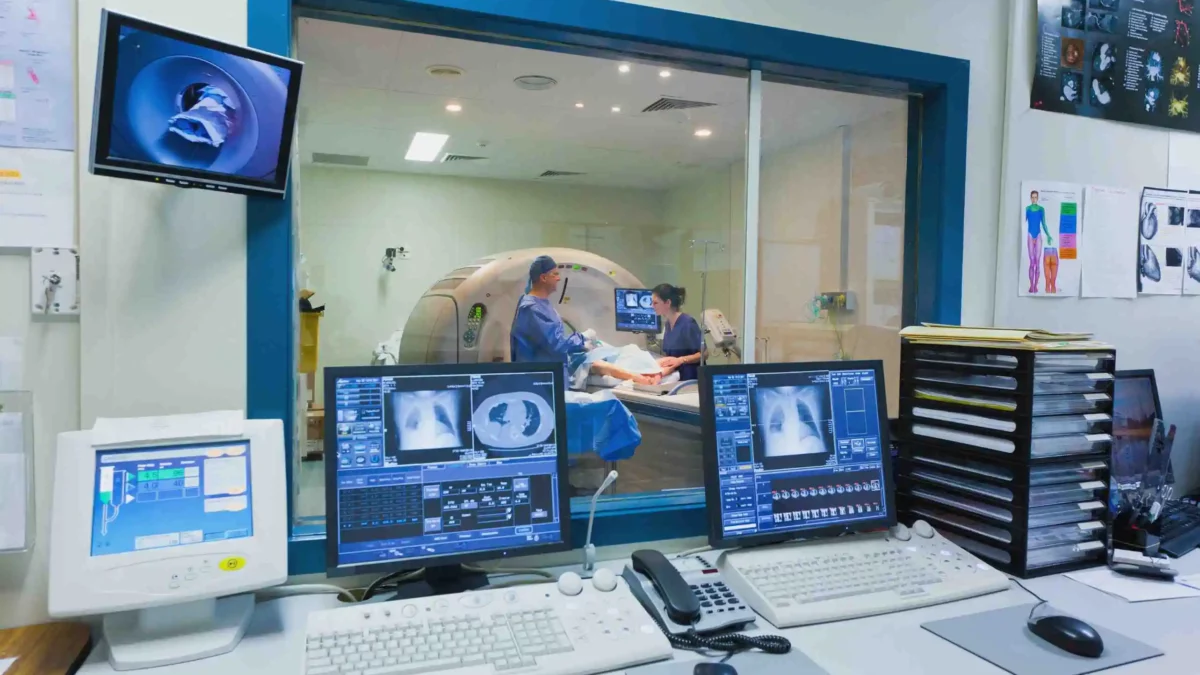
Sleep Solutions: Achieving Restful Nights for Better Health After 65
October 24, 2024
What Is a Home Caregiver?
December 24, 2024As we age, our health needs change. Staying on top of these changes is crucial for maintaining a high quality of life and preventing serious health issues. Health screenings are a fundamental part of this process, helping detect potential health problems early when they are most treatable. This blog post will cover the essential health screenings that everyone over the age of 50 should consider, explaining their importance and the frequency with which they should be conducted.
1. Cardiovascular Health Screenings
Blood Pressure Checks:
High blood pressure is a significant risk factor for heart disease and stroke, two of the leading causes of death among older adults. Regular blood pressure screenings are vital, with doctors recommending that adults over 50 get screened at least once a year if their blood pressure is normal. If you have hypertension, more frequent monitoring may be necessary.
Cholesterol Levels:
High cholesterol can also lead to heart disease and strokes. It’s recommended that adults get their cholesterol tested every 4-6 years, starting at age 40. Based on your cardiovascular risk factors, your doctor might suggest more frequent or earlier screenings.
2. Cancer Screenings
Colon Cancer Screening:
Starting at age 50, both men and women should begin screening for colorectal cancer. Methods such as a colonoscopy, sigmoidoscopy, or fecal occult blood testing (FOBT) are common. Depending on the test results and the method used, this might need to be done every 5 to 10 years or, in some cases, annually.
Breast Cancer Screening:
Mammograms are recommended for women starting at age 40 and should be conducted every 1 to 2 years. Based on individual risk factors, some women might need to start screening earlier or more frequently.
Prostate Cancer Screening:
Men should discuss prostate cancer screening with their doctor, particularly if they are at higher risk. Screening typically involves a prostate-specific antigen (PSA) blood test and possibly a digital rectal exam (DRE). The need for and frequency of screening can vary based on family history and other risk factors.
Lung Cancer Screening:
For adults aged 50 to 80 who have a 20 pack-year smoking history and currently smoke or have quit within the past 15 years, an annual screening with low-dose computed tomography (LDCT) is advised.
3. Bone Health
Bone Density Scan (DEXA):
Osteoporosis increases the risk of fractures, which can severely impact the quality of life in older adults. Women should start getting bone density screenings at age 65, and men at age 70. Those with risk factors like a family history of osteoporosis, previous bone fractures, or a history of smoking might need to start earlier.
4. Diabetes Screening
Blood Glucose Tests:
Type 2 diabetes is common in older adults and can lead to significant health problems if not managed properly. Screening typically starts at age 45 and should be repeated every three years if results are normal. Those with risk factors such as obesity, a family history of diabetes, or a personal history of gestational diabetes may need earlier and more frequent screening.
5. Eye and Hearing Tests
Eye Exams:
Age-related issues such as cataracts, glaucoma, and macular degeneration can impair vision. Adults over 50 should have an eye exam every 1 to 2 years.
Hearing Tests:
Hearing loss is common as we age and can affect our quality of life and mental health. Annual hearing screenings can help detect early loss and facilitate timely intervention.
6. Vaccinations
As the immune system weakens with age, older adults should ensure they stay up-to-date with vaccinations. These include the flu vaccine annually, shingles vaccine after age 50, pneumococcal vaccines for pneumonia (recommended for all adults over 65 or earlier with certain health conditions), and others as recommended by healthcare providers.
7. Liver and Kidney Function Tests
As part of routine blood work, liver and kidney function should be monitored regularly. These organs can suffer from long-term effects of medications, high blood pressure, diabetes, and other health conditions common in older adults.
Staying proactive with health screenings after 50 is crucial for detecting and addressing potential health issues early. Regular check-ups and tests can lead to early treatments, significantly impacting your health and longevity. Always discuss with your healthcare provider which screenings are most appropriate for you based on your overall health, lifestyle, and family history. Remember, preventative care is one of the most effective strategies for maintaining health and vitality in your golden years.

